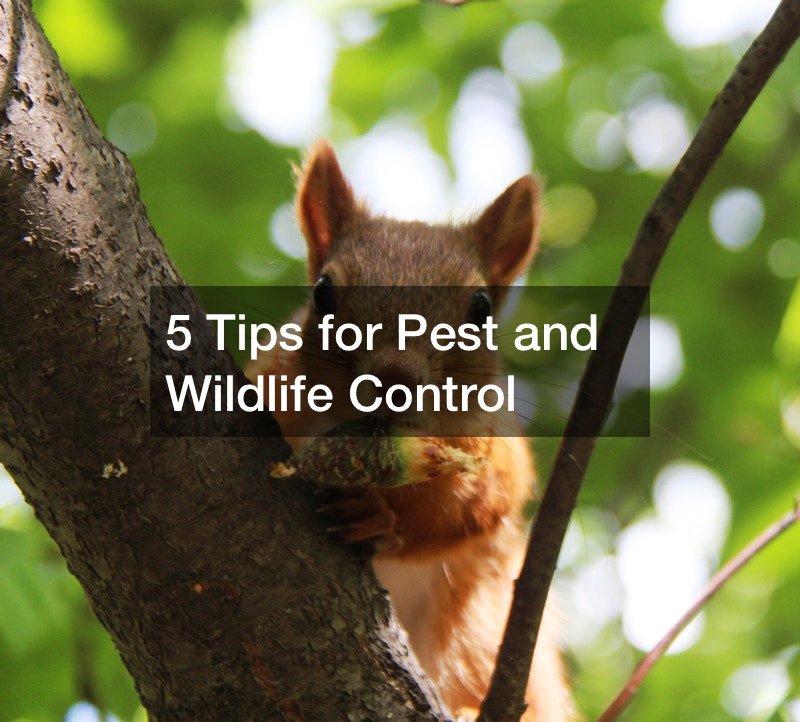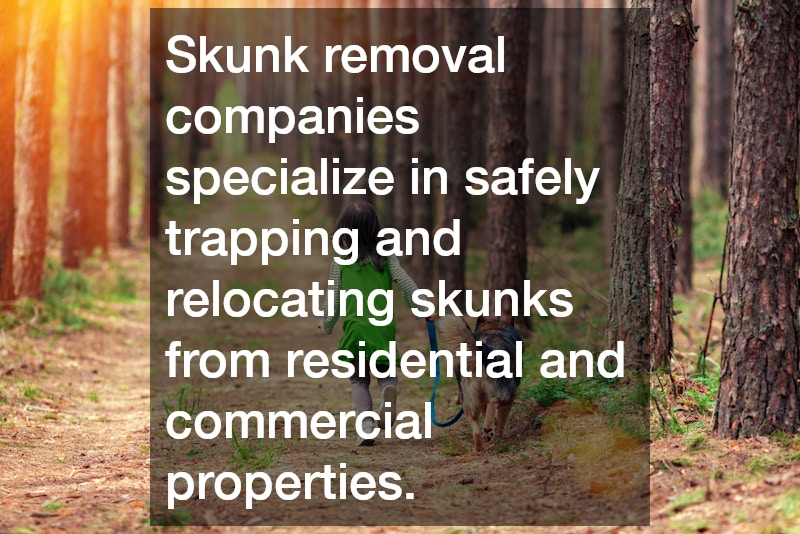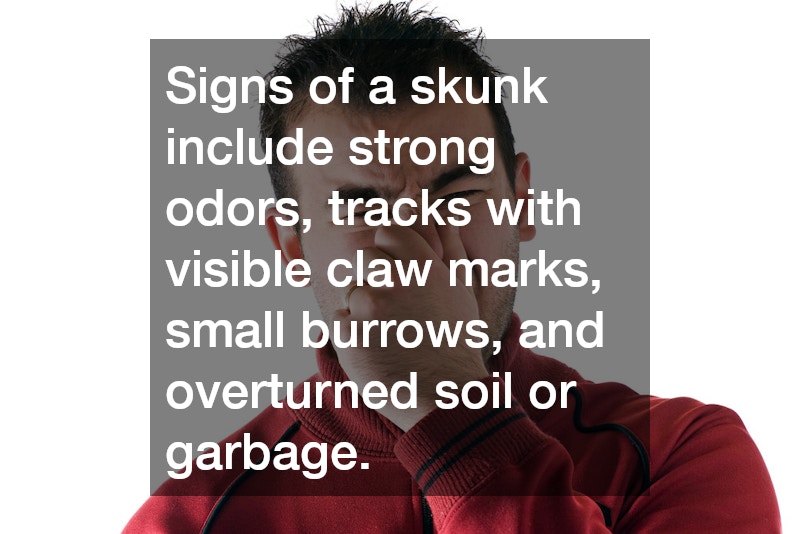

Dealing with unwanted critters? Wildlife removal services for homeowners provide safe and effective solutions to reclaim your home. Whether it’s squirrels in the attic or raccoons in the garage, professionals can handle the situation with minimal stress to you or the animals involved. When choosing animal and pest control that is safe and easy, look for companies that prioritize humane methods. Trapping and relocating animals not only ensures their safety but also prevents future infestations. Using exclusion techniques and sealing entry points can keep your home pest-free long-term with effective nusiance animal removal.
For a more ethical approach, consider safe and humane expert wildlife removal services. These experts specialize in addressing problems with care, offering nuisance animal removal options to consider that align with your values. From live traps to deterrents, there are solutions for every situation. If wildlife is a persistent issue, connect with a wildlife management company in the local area. They can assess your property, implement preventative measures, and provide ongoing support to protect your home. With professional help, you can address nuisance animals effectively while maintaining harmony with nature.
Skunk removal companies specialize in safely trapping and relocating skunks from residential and commercial properties. These professionals ensure humane methods are used to avoid harming the animals while preventing future infestations by sealing entry points and offering odor removal services. Common skunk issues include their tendency to burrow under porches, decks, or sheds, where they create nests. Skunks also dig up lawns in search of insects and grubs, leaving unsightly damage. Additionally, the potent odor from their spray can linger for days, creating health and sanitation concerns.

A skunk problem becomes especially serious when these animals feel threatened or cornered. Skunks may spray pets, people, or even the interior of your home, which can be difficult to clean. If left unchecked, they may also carry diseases like rabies, posing further risks to humans and pets. Finding a skunk in the house is a stressful situation. It’s crucial to act calmly and contact a professional removal service immediately to avoid scaring the skunk, which could trigger spraying. Skunks often wander inside through open doors, pet flaps, or damaged screens.
Signs of a skunk include strong odors, tracks with visible claw marks, small burrows, and overturned soil or garbage. Noises at night, such as rustling or scratching under structures, can also indicate their presence. If you notice these end other concerning signs do not delay! Call a local pest removal company!

Excellent wildlife control is a sure way of protecting wildlife and human beings. Yet, this can only be achieved if you indulge a reliable professional. Perhaps you should start by searching for professional wildlife removal near me. Professional wildlife control officers often help remove pests, unwanted wildlife, and predators within your home. They boast significant experience and skills to handle such animals effortlessly. In addition, they come with the proper licensure to deal with any pests or animals that could be a nuisance.
These professionals use various tools and equipment to handle the unwanted wildlife in your yard. Since they understand how best to use these tools, it is much easier to get the desired results. The tools vary with the pests to handle. They can also access exceptional nuisance wildlife control supplies, which ensure a more personalized approach to handling the pests. Some of the top tools they’ll have include toxicants, repellants, frightening devices, and exclusion devices. These pieces of equipment allow them to work effortlessly, regardless of the time.
There are various types of wildlife control professionals you could consider. For instance, a small animal exterminator focuses on relatively small local animal removal. Conversely, you’ll need a different professional to handle larger predators or pests.
Pest and animal control is an important part of living in rural areas. Rural homes are more susceptible to infestations and require more wildlife management. Whether you want to prevent infestations of squirrels, mice, or larger critters such as raccoons, there are steps that you can take.
1. Search for Entry Points
Pest control starts with finding and fixing potential entry points. Areas of your home that have been damaged by weather or worn down over time are easy spaces for small critters to fit through. Looks for any holes or cracks and make sure to get them patched.
2. Do Not Leave Food Scraps Outside
Nothing attracts animals like food scraps that have been left behind. A key point of animal control is to remove temptation. Make sure your trash is in a secure container and if you have to feed your pets outside, make sure you bring their bowls and any spilled food inside.
3. Search for Standing Water
Standing water is also an attraction for animals. You want to look for any areas around your home that have standing water, such as buckets or crawl spaces where water might be leaking.
4. Maintain Your Yard
Maintaining your yard keeps animals from creating nests. Trimming bushes around your house, cleaning up debris, and not stacking firewood against your foundation can all help. For the best pest prevention you want to avoid creating a space for pests that is beneficial to them.

5. Call a Professional
Another wise thing to do is reach out to a residential pest detection company. They can check your home for pests and give you advice on how to better protect your home against infestations. They are the experts in animal control and pest prevention, so they will be able to see things that you might otherwise look over.
Why You Should Follow These Tips
It’s wise to follow these tips, because wild animals can be a danger to you and your family. They can carry diseases that could spread to you or your pets. They will also sometimes cause damage to your home. It is better to take preventative measures then wait until you are dealing with an infestation.